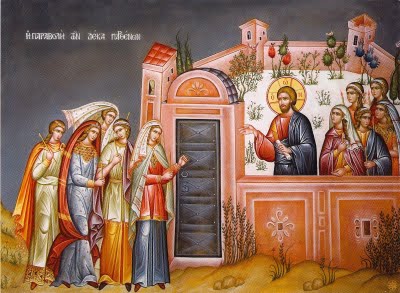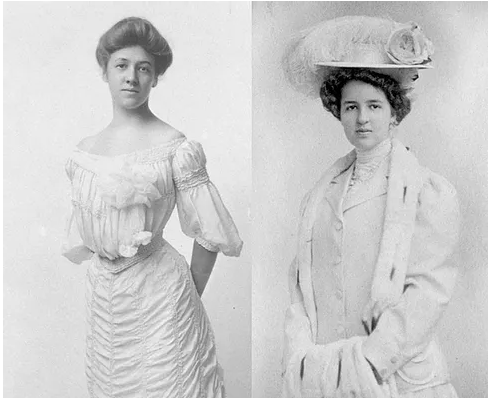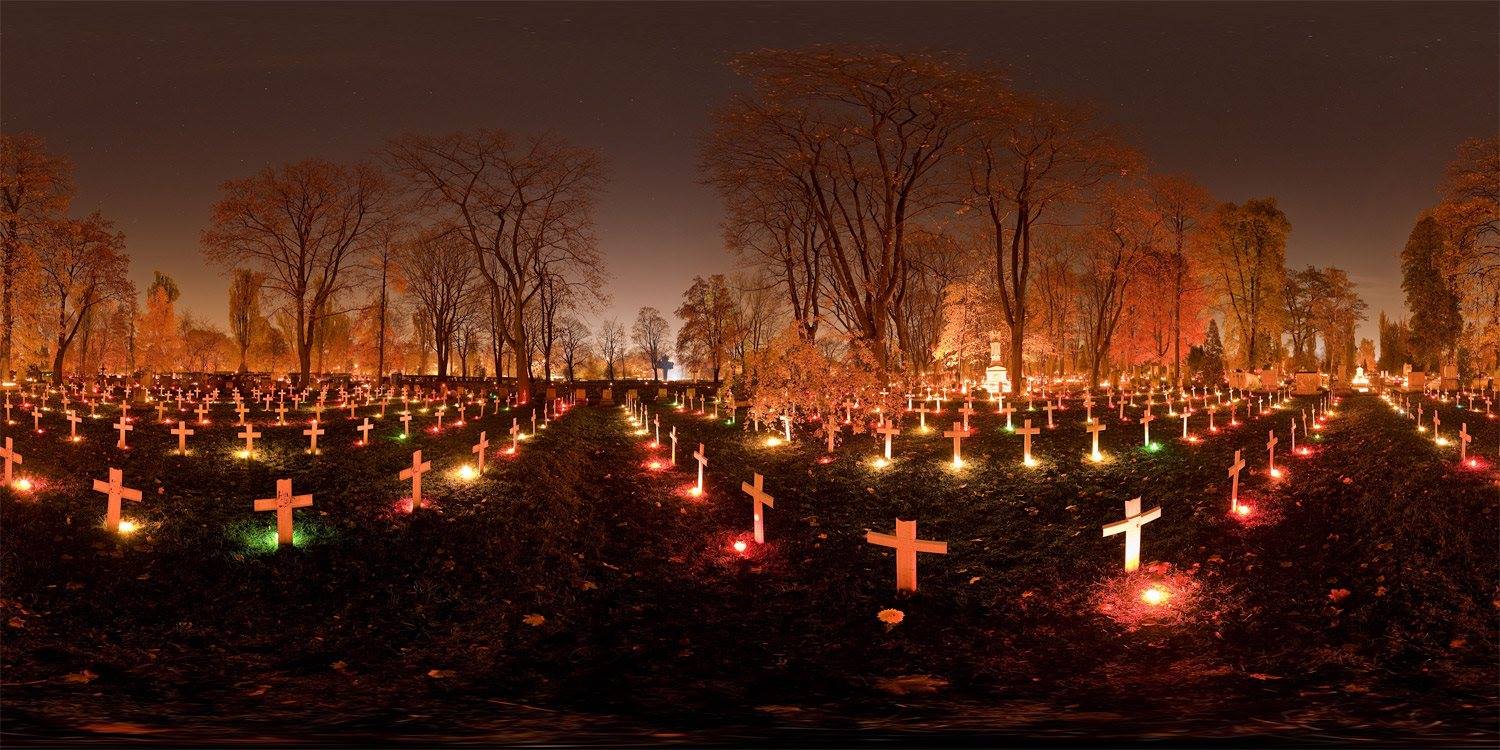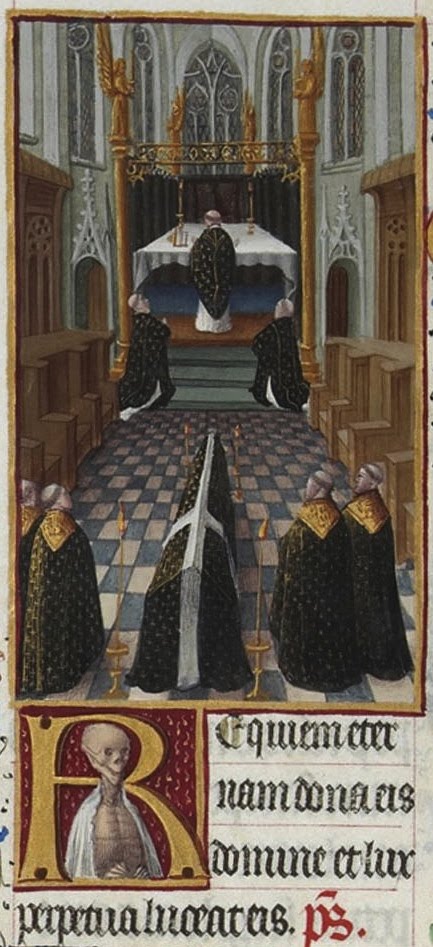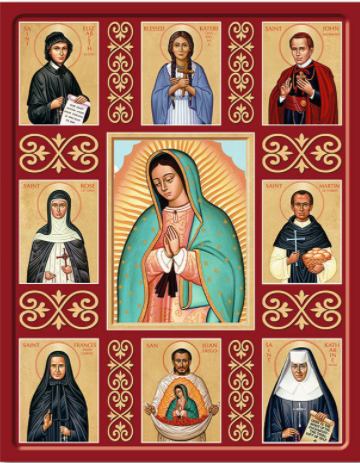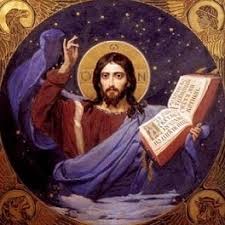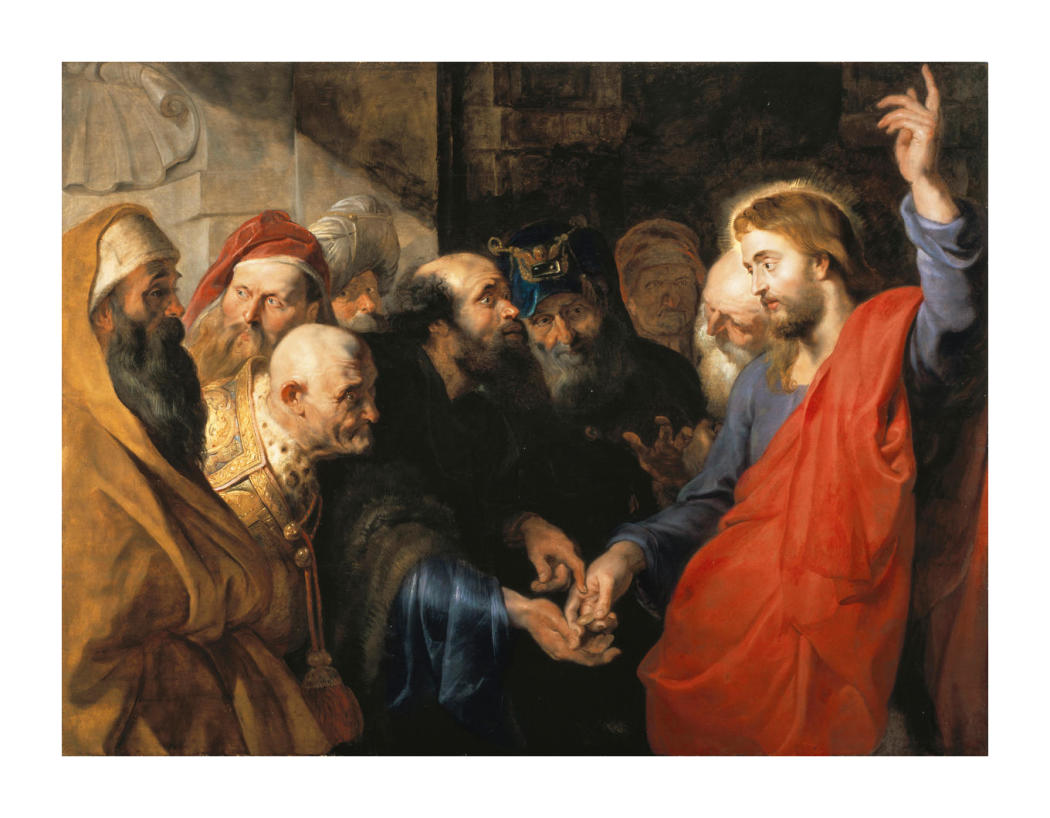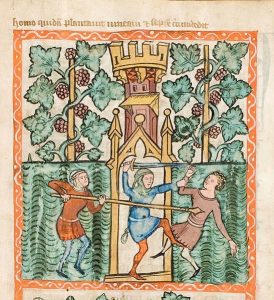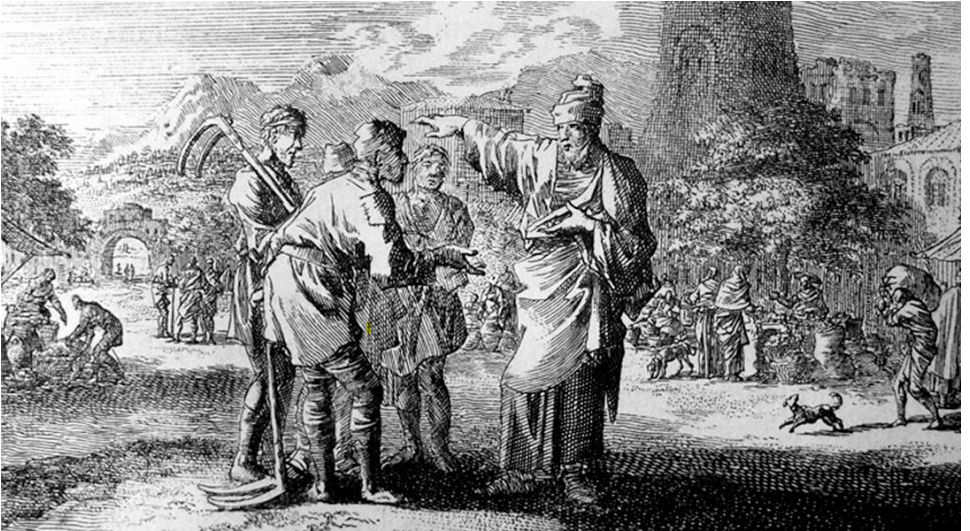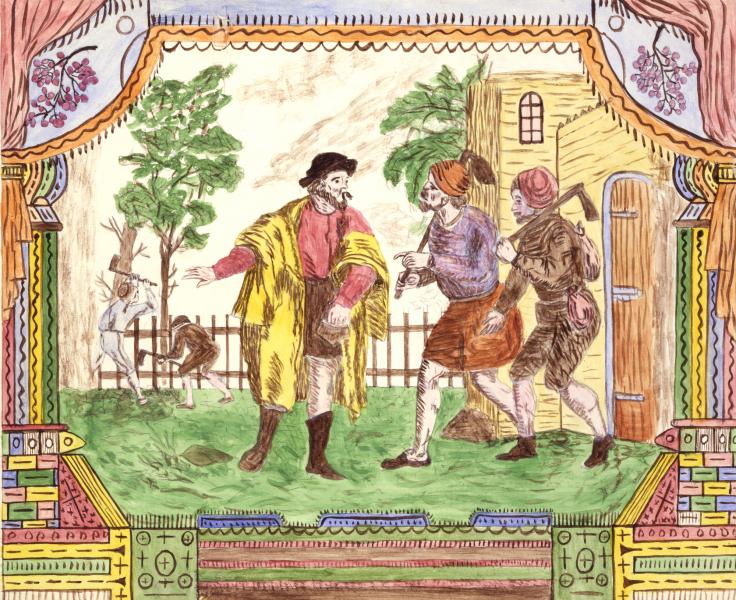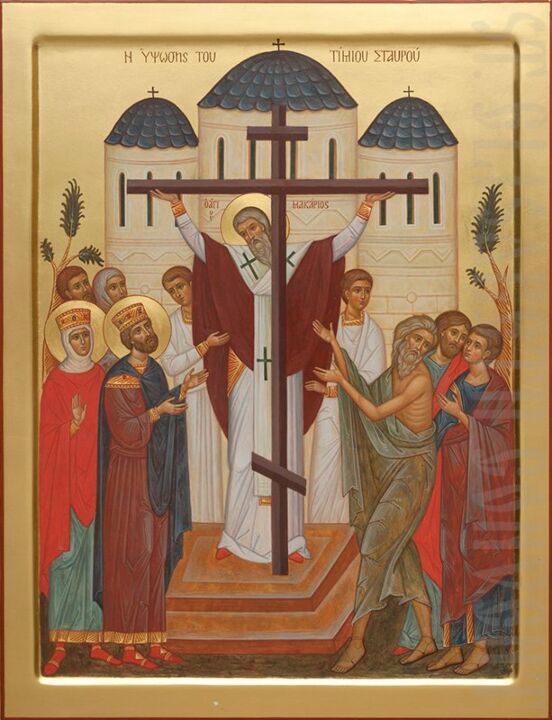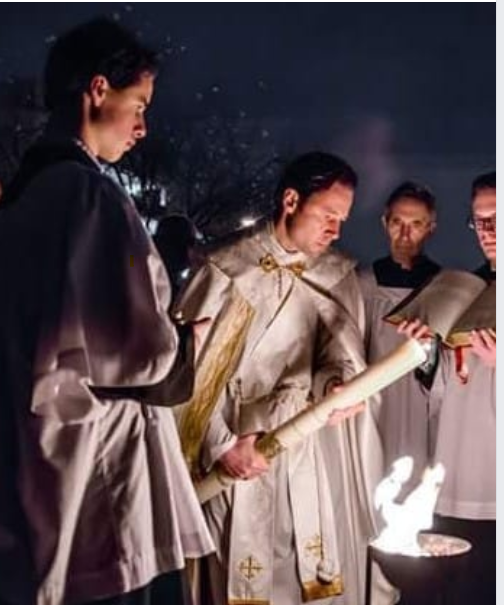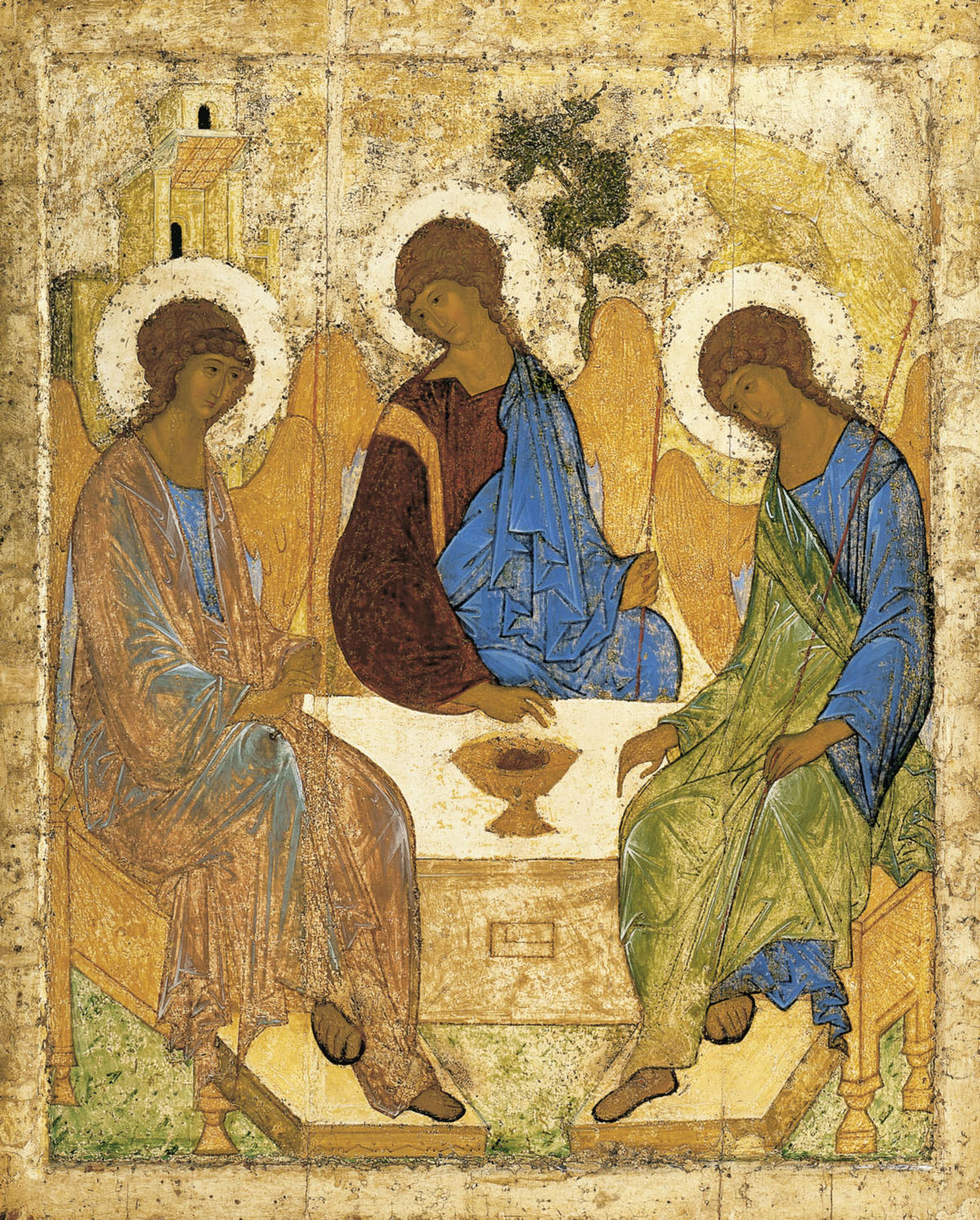The wise and foolish virgins
Mount Calvary
A Roman Catholic Parish
The Personal Ordinariate of S. Peter
Eutaw Street and Madison Avenue
Baltimore, Maryland
Rev. Albert Scharbach, Pastor
Andrew Johnson, Organist and Music Director
Trinity XXII
November 8, 2020
8:00 A.M. Said Mass
10:00 A.M. Sung Mass
This mass will be livestreamed.
_________________
Organ Prelude
“Prière” Jean Langlais
Jean Langlais (1907-1991), who was titular organist at the Basilica of Sainte Clotilde in Paris from 1945 until 1987. Blind from the age of two, Langlais studied at the National Institute for the Young Blind, which happened to house one of the finest music schools in Paris. The chant influence and improvisatory nature of this “prayer” typify the composer’s style.
________
Organ Postlude
“Sortie in F major” César Franck
César Franck (1822-1890), who preceded Jean Langlais at Sainte Clotilde and was professor of organ at the Paris Conservatory. Although this “Sortie” (derived from the French verb “to go out”) was originally written for the harmonium, it can be adapted as a rousing organ postlude.
__________________
Offertory Anthem
“Hear the voice and prayer,” Thomas Tallis
Hear the voice and prayer of thy servants,
that they make before thee this day:
That thine eyes may be open
toward this house night and day,
ever toward this place
of which thou hast said,
“My name shall be there.”
And when thou hear’st
have mercy on them.
Thomas Tallis (1505-1585) composed for the Church of England in the 16th century. This earnest prayer is an early anthem by this composer and uses both imitation and homophony to clearly articulate the text.
__________
Communion Anthem
“If we believe that Jesus died,” John Goss
If we believe that Jesus died and rose again,
Ev’n so them also which sleep in Jesus,
Will God bring with Him.
Wherefore comfort one another with these words.
John Goss (1800-1880) was an organist and music professor in 19th-century England. Goss sets the first line of text describing the death of Jesus in the minor mode using imitation. He then shifts to the major mode to paint the comforting text, “ev’n so them also which sleep in Jesus will God bring with Him.”
___________________
Hymns
Wake, awake, for night is flying (WACHET AUF) is by Philipp Nicolai (1556-1608), translated by Catherine Winkworth (1827-1878). It is partly based on Matthew 25: 1-13, the parable of the wise and foolish virgins. Nicolai was a pastor in Westphalia during a terrible pestilence, which claimed some thirteen hundred lives in his parish alone. Nicolai turned from the constant tragedies and frequent funerals (at times he buried thirty people in one day) to meditate on “the noble, sublime doctrine of eternal life obtained through the blood of Christ.” We look forward to the glorious coming of Jesus when He will deliver us from death and bring us into the kingdom of His Father. Here is Bach’s chorale prelude on the tune.
God is my great desire is a paraphrase of Psalm 63 by the Anglican priest Timothy Dudley-Smith. The tune LEONI is named for Myer Lyon (1751-1797), the cantor at the Great Synagogue, Duke’s Place, London.
The king shall come when morning dawns (MORNING SONG) is by the Scottish Free Church minister John Brownlie (1857–1925). He translated many Eastern hymns, and this hymn bears the impress of Eastern theology. Infused with the imagery of morning light typical of early Greek hymnody, hymn stirs hope in the hearts of all who look forward to the return of Christ. It is a confession of faith in the sure return of our Lord; his coming again will occur in a blaze of glory, which will far surpass his earthly death and resurrection. The text concludes with a paraphrase of the ancient prayer of the church-“Maranatha,” or “Lord, come quickly” (Rev. 22:20). We should not fear, but yearn for the coming of the One we love. MORNING SONG is a folk tune that has some resemblance to the traditional English tune for “Old King Cole.” The tune appeared anonymously in Part II of John Wyeth’s Repository of Sacred Music (1813).
